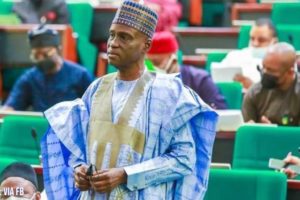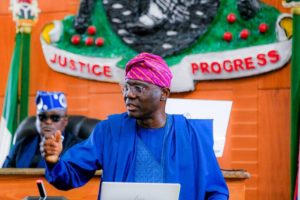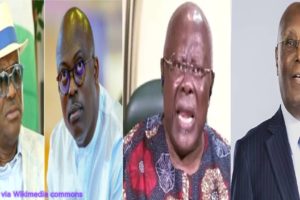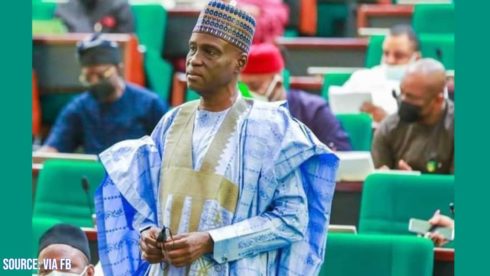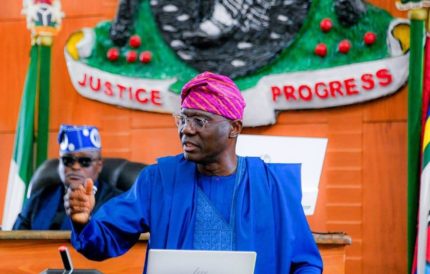Atiku Abubakar, the former Vice President, has called on the National Assembly to consider a six-year single-term limit for the President and state governors. This proposal, detailed in a memorandum addressed to the Senate Committee on Constitutional Review, is aimed at enhancing political stability and reducing the high-stakes competition for re-election.
Atiku Abubakar’s recommendation suggests that Section 135(2) of the Nigerian Constitution be amended to reflect this single-term limit. He argued that this would allow elected leaders to focus on governance rather than constant campaigning for re-election, which often disrupts the progress of long-term national projects.
A Call for Rotational Presidency Between North and South
In addition to the six-year term proposal, Atiku Abubakar also advocated for a rotational presidency. He believes that alternating leadership between the Northern and Southern regions of Nigeria would foster national unity and ensure a fair distribution of power.
This idea has gained traction in the past, especially among those who believe that power imbalances have contributed to regional tensions. By institutionalizing a rotational presidency, Atiku aims to alleviate these concerns and create a more equitable political environment.
Proposed Amendments to Presidential Qualifications
Atiku also touched on the need to reform educational requirements for presidential and gubernatorial candidates. He proposed that the minimum qualification for these positions should be an Ordinary National Diploma (OND) instead of the Senior Secondary School Certificate Examination (SSCE). This would raise the bar for candidates, ensuring they have a broader educational foundation.
The former Vice President argued that these changes would not only improve the quality of leadership but also modernize Nigeria’s political system, bringing it more in line with global democratic standards. He urged the National Assembly to seriously consider these amendments.
Strengthening Political Parties in Candidate Selection
One of Atiku Abubakar’s key proposals is to grant political parties greater authority in selecting candidates. He suggested that political parties should submit a list of registered members to the Independent National Electoral Commission (INEC) 30 days before their primary elections. This would give political parties more control over the vetting process and help ensure that their candidates align with the party’s values.
Atiku Abubakar emphasized that this change would improve transparency and accountability in the electoral process, ensuring that only genuine party members are selected as candidates. It would also reduce the influence of external forces in party primaries.
Amendment to Voter Substitution Rules
Another significant point in Atiku Abubakar memorandum was his recommendation to revise Section 285(14)(a) of the Nigerian Constitution. He called for the term “substitution of an aspirant” to be replaced with “a voter.” This change would clarify the legal language and reduce ambiguities in the electoral process, ensuring that the rights of voters are prioritized.
Atiku Abubakar explained that the current phrasing leaves room for manipulation and confusion, which can lead to prolonged legal battles and delays in the electoral process. His proposed revision aims to streamline the process, making it more efficient and voter-centric.
Emphasis on Transparency in Educational Credentials
Atiku Abubakar also urged for more stringent measures to ensure that candidates submit verified educational certificates. He proposed that candidates who are unable to present their certificates should submit affidavits detailing their qualifications and the institutions they attended. This would help prevent cases of forgery and misrepresentation.
By adding this clause to Section 65(2)(a)(i), Atiku Abubakar hopes to promote transparency and trust in Nigeria’s electoral system. He believes that this measure would reduce controversies surrounding candidate qualifications and enhance the credibility of elected officials.
Table of Contents
Discover more from OGM News NG
Subscribe to get the latest posts sent to your email.

